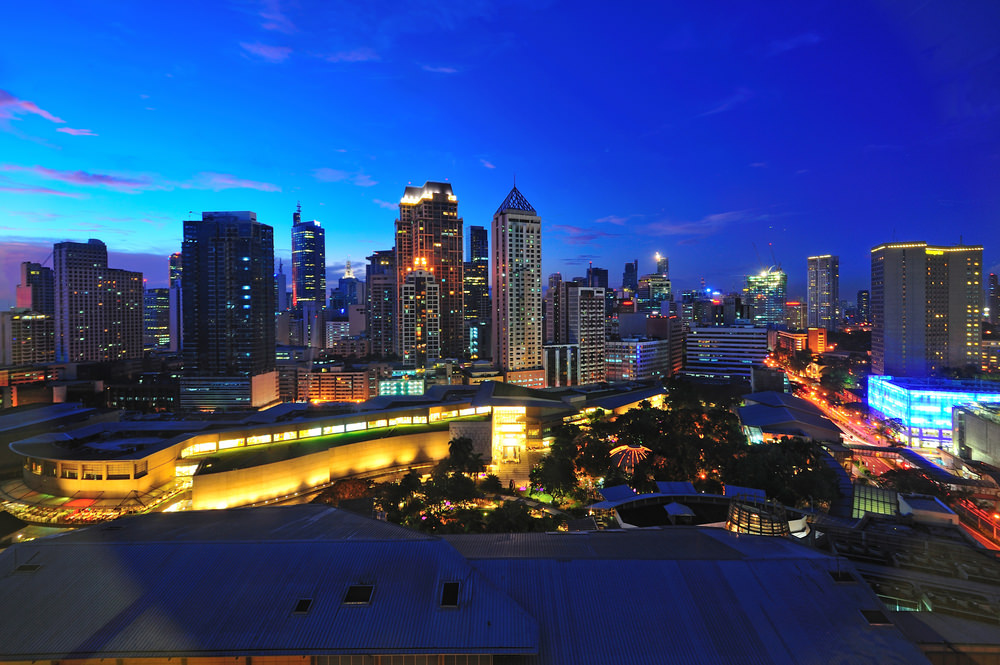
Philippines Regulator Issues Warning on Digital Currencies
Bangko Sentral ng Pilipinas (BSP), the central bank of the Philippines, has issued a warning on bitcoin which echoes similar statements issued by regulators worldwide over the past few months.
BSP acknowledged that digital currencies like bitcoin are "now being exchanged in the Philippines" but stressed that they remain a relatively risky investment.
Additionally, it warned that digital currencies and digital currency exchanges are not regulated by national regulators and thus consumers would not be protected from losses if an entity holding digital currencies went under.
No shortage of concerns
BSP pointed out that there is no assurance that any digital currency would be stable or exchangeable. The value can be highly volatile and digital currencies can be used for illicit purposes, it stated.
In terms of consumer advice, the bank outlines "things to think about before buying, holding or trading", including: loss of value, theft, lack of consumer protection and the possibility of having assets frozen. The bank stresses that exchange platforms are unregulated and that there is no protection for investors in case of failure:
The risk of theft is real and digital wallets are not entirely safe, while at the same time consumers who purchase goods and services for bitcoin cannot rely on consumer protection regulation in case something goes wrong. Volatility is another concern, as is the fact that nobody can guarantee exchange, it stated.
Lastly the misuse of digital currencies can lead to criminal investigations and asset freezes – even investors who acted in good faith can have their assets frozen as part on a wider investigation (ie in case authorities opt to close an exchange platform).
No immediate effect
Like other regulatory warnings on digital currencies, the BSP statement is unlikely to have much of an effect on the country's bitcoin user base. Although the Philippines isn't bitcoin's biggest community, the country remains a very interesting market for a number of reasons, mainly remittances.
Back in January a team of bitcoin enthusiasts launched BuyBitcoin.ph, an exchange geared toward remittances. With good reason – there are an estimated 2.2 million Filipino expats in Asia and the rest of the world, and their contribution to the local economy is huge.
In 2013 alone they wired more than $13.9bn to the island nation. To put this in perspective, the country's GDP is around $250bn. Eliminating transfer fees in the remittance process could be a boon for many expats and their families back home.
Makati image via Shutterstock
DISCLOSURE
The leader in news and information on cryptocurrency, digital assets and the future of money, CoinDesk is a media outlet that strives for the highest journalistic standards and abides by a strict set of editorial policies. CoinDesk is an independent operating subsidiary of Digital Currency Group, which invests in cryptocurrencies and blockchain startups. As part of their compensation, certain CoinDesk employees, including editorial employees, may receive exposure to DCG equity in the form of stock appreciation rights, which vest over a multi-year period. CoinDesk journalists are not allowed to purchase stock outright in DCG.

